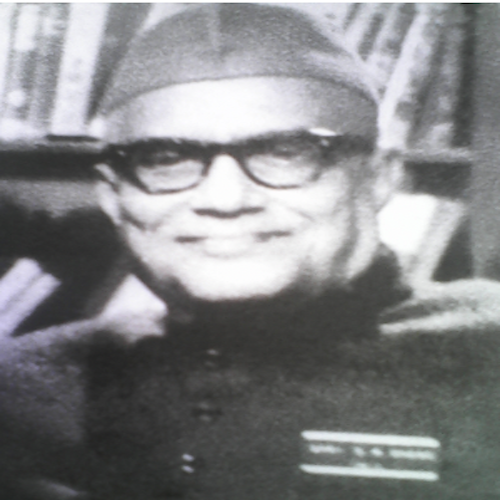Early Life
Surendra Mohan Ghose was born on 22 April 1893 in Mymensingh (in present day Bangladesh). He completed his education from Mritunjoy High School and Ananda Mohan College, Mymensingh.
Role in India’s Independence Movement
In 1908, still in his teens, Ghose joined Jugantar, a secret revolutionary party founded by Sri Aurobindo, to fight for Indian independence through armed struggle. Around the same time, the British arrested him for possession of an unlicensed revolver and he spent a year in jail. In 1912, Ghose was given a leadership position within the party but his tenure was cut short as the British arrested him again.
Around 1920, he was released from prison and joined the Indian National Congress. He continued his affiliation with Jugantar. He was arrested for the third time and imprisoned at Madalay Jail. Incidentally, he was joined by Subhas Chandra Bose in 1924. In all, Ghose spent nearly 23 years in prison, 14 more than Jawaharlal Nehru.
After being released, Ghose rose up the Congress Party ranks and served as the President of the Bengal Provincial Congress Committee between 1939-1950. In contrast to the ‘revolutionary’ methods of his political youth, Ghose took part in the non-violent Satyagraha in 1940.
He also worked towards the removal of untouchability and other social reforms.
Contribution to Constitution Making
Ghose was elected to the Constituent Assembly from Bengal through a Congress Party ticket. He was not an active participant in the Assembly.
Later Contributions
Ghose was the Chairman of the House Committee of the Provincial Parliament in 1951 was elected to the first Lok Sabha in 1952. Interestingly, Ghose was a member of the Jugantar Party of Bengal, Swarjya Party, Independent League and the All-India Congress Committee; Not much is known about how he managed multiple party affiliations.
He was also on the Board of Advisers of the All-India Radio, Calcutta.
In his spare time, Ghose enjoyed gardening and practising yoga.
He passed away on 7 September 1976.
- Who’s Who 1950 (Parliament of India)
- Two Talks of Surendra Mohan Ghosh on Sri Aurobindo by Overmann Foundation (December, 2013)

